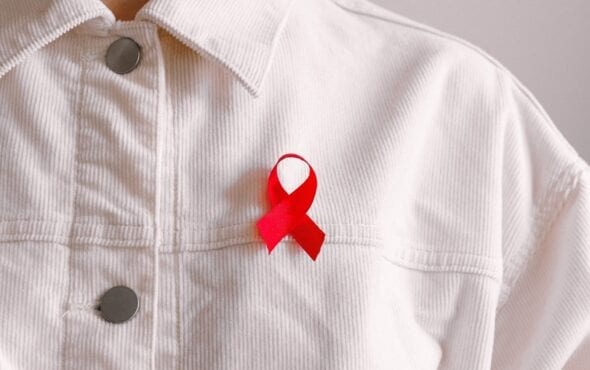
The continuing campaign to reduce HIV diagnoses in England has seen some progress this week with the release of fresh data.
Public Health England have reported a 10% decline in new HIV diagnoses in the year 2019, with 4,139 new diagnoses in that 12-month period.
The data shows an 18% drop in new diagnoses among gay and bisexual men, making that a fall of 47% among that group in the past five years.
This is a testament to increased knowledge and accessibility of prevention drug PrEP and fast initiation of effective medication after diagnosis to prevent further transmission.
However, new diagnoses among heterosexual people hasn’t seen as sharp a decline, with 6% in the year 2019.
Despite this encouraging news in the battle against HIV, there remains concern around high rates of late diagnosis in England. More than 4 in 10 people who received a positive diagnosis did so at a late stage.
This was especially prevalent among Black Africans (47%) and older people (56% among those aged 50-64).
“Gay and bisexual men have been hugely impacted by HIV since the very start of the epidemic. The sharp fall in diagnoses among this group since 2015 – including an 18% drop in 2019 – is a testament to what we can achieve when we utilise everything we have in the fight against HIV, including prevention pill PrEP and the fast initiation of HIV treatment for those diagnosed to stop the virus being passed on,” said Ian Green, Chief Executive at Terrence Higgins Trust.
“But the progress for gay and bisexual men could be even greater and the 18% drop in this group in 2019 makes the delayed roll out of PrEP across the country even more frustrating. Because, despite the government handing £11.2m to local authorities in the first week of October, only a small number of clinics and in a smaller number of local authorities are delivering the promised uncapped PrEP provision. Terrence Higgins Trust is still hearing story, after story, of people being turned away from clinics with no PrEP and no way of accessing this effective HIV prevention drug.
“The new data shows a worrying disparity in progress for groups outside of gay and bisexual men, which needs to be urgently tackled if we’re to end HIV transmissions within a decade. The 6% drop in new HIV diagnoses among heterosexuals is three times lower than the one for gay and bisexual men, which clearly underlines the shocking lack of awareness of PrEP in the community at large and highlights how wrong it is that PrEP is only available in sexual health clinics.
“However, it’s encouraging to see a 15% drop in new diagnoses among Black African people as one of the groups most impacted by HIV in the UK, but rates of late diagnosis remain much too high.”
Ian added: “If the government, NHS England and local public health commissioners want to see 2019 levels of reduction for gay and bisexual men across all groups, PrEP needs to far better known and be available in GP surgeries, gender clinics, pharmacies and as part of maternity care. In a year when so much focus has been on inequality and the Black Lives Matter movement, today’s HIV statistics show that some communities are being left behind in the fight against HIV.
“PrEP works for everyone – regardless of gender, sexuality, geography or ethnicity – but you can’t access something you don’t know about.”
While this new report acknowledges good progress, it also highlights that it is uneven. Estimates suggest that twice as many people live with undiagnosed HIV in the UK outside of London, compared to those in the capital. What’s more, they add that “further work is needed to address the inequalities in the progress towards reducing undiagnosed infection and HIV transmission that exist in relation to exposure to HIV, geography and ethnicity.”
Education and accessibility of effective preventative medication needs to be increased nationwide and among those communities that are being disproportionately affected.



